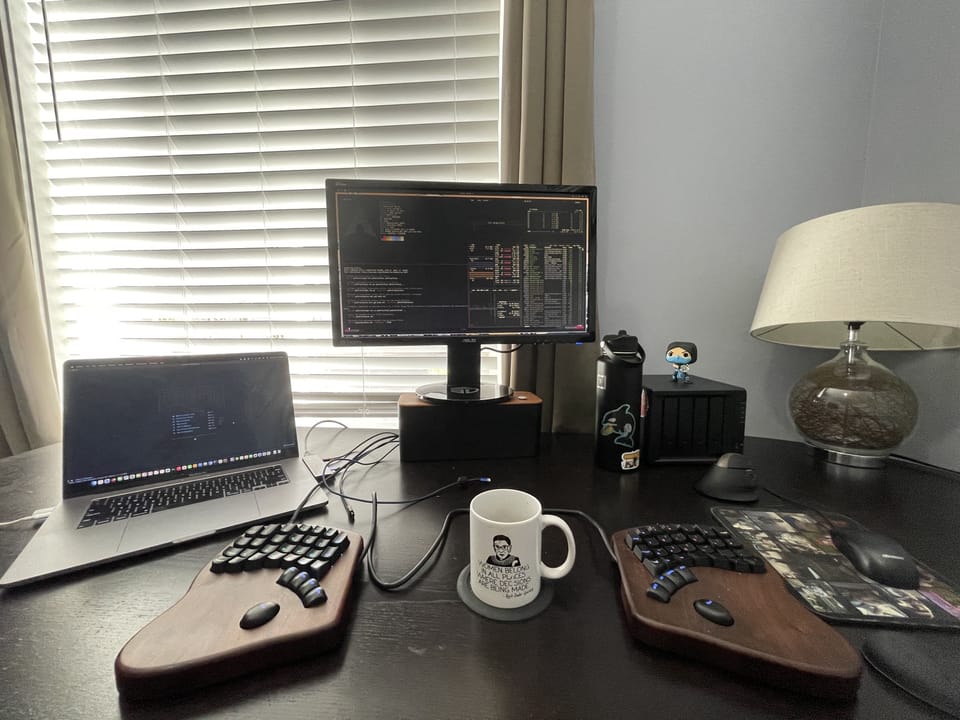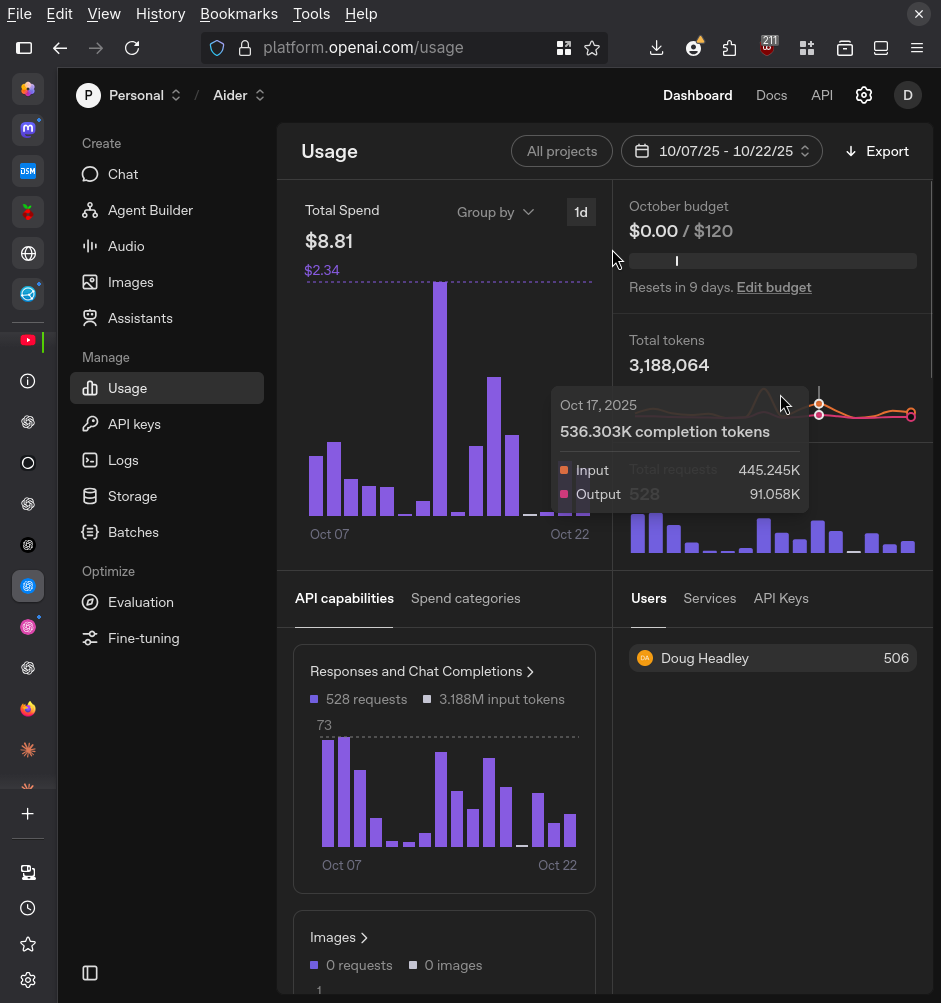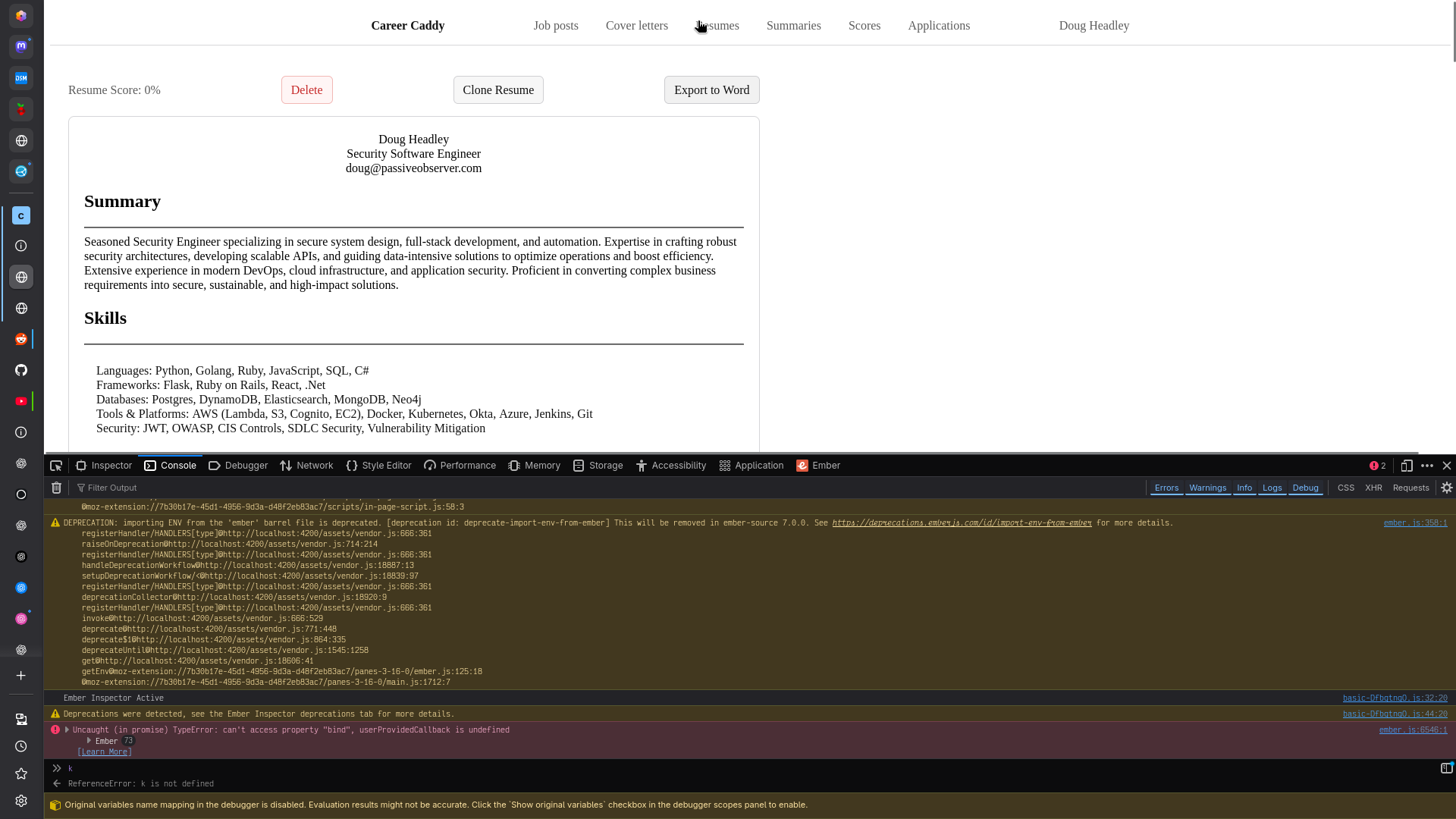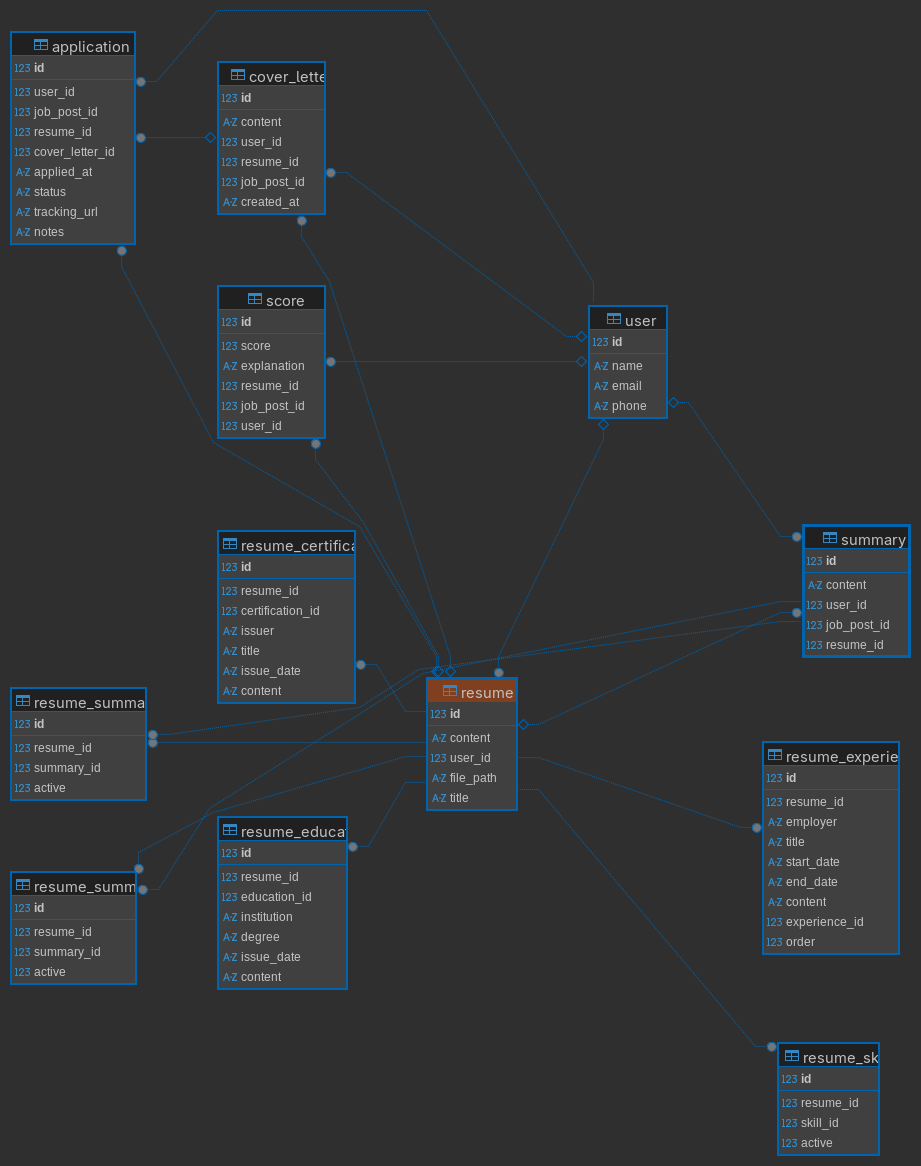From the unemployed trenches

Hi friends,
It's been a while since I've updated everyone. While I've had a lot going on in my personal life, I have had very little going on with my professional life as a result. However, I feel like I've turned a corner and I'm getting optimistic about my prospects.
Firstly, I'm in good health. I have a membership at Planet Fitness and I go at least two times a week. My workout always start with a 30 minute jog on the treadmill, I change my soaked t-shirt for a fresh one, and I proceed to muscle building: an alternation between backs and bi(cep)s and pecs and tri(cep)s. Sometimes I attend more, but I have been busy getting some new software out the door I'd like to tell you about.
Personally, I have cleaned up old habits. No more habitual drinking and weed smoke. I still enjoy drinking, but it's not the default for my evenings and it's a conscious choice. The results have been that I feel healthier and my overall productivity has gone way up.
I recently went to San Francisco to visit old friends. It helped ground me as I was feeling lost as of late. I have amazing friends whom I regard as family.
While I was there, I started writing an application that's starting to bare fruit. I'm laying out a plan to get into the job force despite it being hard right now. My goal is to publish some software I've been working on as a free project to get me more exposure, establish my bona fides as a software engineer, and help ordinary people with their careers. I go into it down below, but it gets technical from here.
If you are friends or non-technical, you can stop reading at this point. 🥰
I'm writing these sentences in between waiting for my code assistant, Aider, to finish tasks I've asked it to code. Aider works with my IDE Doom Emacs through aidermacs. While it thinks about things, I use Omarchy to pop open this blog editor and begin typing on my wooden split keyboard pictured above. 🦋
I'm using ChatGPT almost exclusively through the API. I've also been playing with Sonnet. Between the two of them I've managed to keep costs below $10/month while being able to code as much as I am able to each day.

As to what I'm coding. It's a project that my ADHD brain can't get bored of because I need it to help me apply for jobs. It's a set of tools to aid in applying for jobs. I'm calling it Career Caddy because I like to golf. Here is a bad screenshot:

The software I'm building is a set of tools for managing job applications. It does the following:
- Tailor my resume to better fit a job description.
- Stores common AI prompts to make cutting and pasting unnecessary.
- Stores resumes as data in a table that can be exported into a word doc.
- Scrape job descriptions and store them for later.
- It tracks the application by linking the job description, the resume I submitted and cover letter in a web dashboard.
- Some more stuff I forgot.
Without these tools, job applications get super tedious. When I see a job post I am qualified for: my workflow for applications goes like this:
- Click on the job description.
- Copy the contents of the job description to the clipboard.
- Paste it into chatpad.ai with a prompt that contains my resume (as markdown).
- Ask ChatGPT how to improve my resume in order to make it look more appealing:
- Have it write a new summary based on the job description.
- Have it write me a cover letter to accompany my application.
- Have it help answer questions that appear in the application process.
- Update up my resume in Word.
- Copy the new summary from ChatgGTP.
- Paste summary into freshly opened resume document.
- Confirm the contents.
- Confirm the consistency of style.
- Rename the my header's job title to copy the job description's job title.
- "Save As" using a filename that refers to the title and the company. "LuLu Lemon Security Engineer - Python heavy.docx"
- Create a folder to organize the newly created resume.
- "Save As" again but with a professional filename and in a place that doesn't clobber other files with a similar name. "Doug Headley Security Software Engineer.docx"
- Attach one-off resume to application.
- Read cover-letter for quality assurance.
- Remove the word "Moreover" 🙄 and other indicators that a bot wrote it.
- Ensure the contents aren't bogus.
- Understand how it's addressing weaknesses in my application.
- Rewrite sentences in my own words.
- Resubmit to ChatGPT for grammar check.
- Attache cover letter to application page.
- Click submit.
- Document the application date, job description, and company for later reference.
With Career Caddy, most of this work is automated. I got inspired by the resume builder on captaindigitalnomad so much that I started to copy the interface. I've gotten close to what they have and now I'm building tools on top of it. I even made an additional feature that can score any flavor or my resume against a job description. The result is a score from 0 - 100% with an explanation. Customizing my resume creates a new variation that I can use later. I can also check which variation scores best against a job description.

Not everything is complete. I'm in the long tail of software development where the last 20% takes 80% of the work. The code is accessible on github. I should be able to push it out for people to start kicking the tires by next week. Until then I personally use the career caddy up until the workflow breaks. After that, I write up a TODO then Aider and I go about implementing the feature.
This is dogfooding turned into a tool that will ultimately help with my job applications by making them easier and, by virtue of the software itself, promote me as software engineer.
I think the AI is done with what I asked it to do. Got to get back to it.
